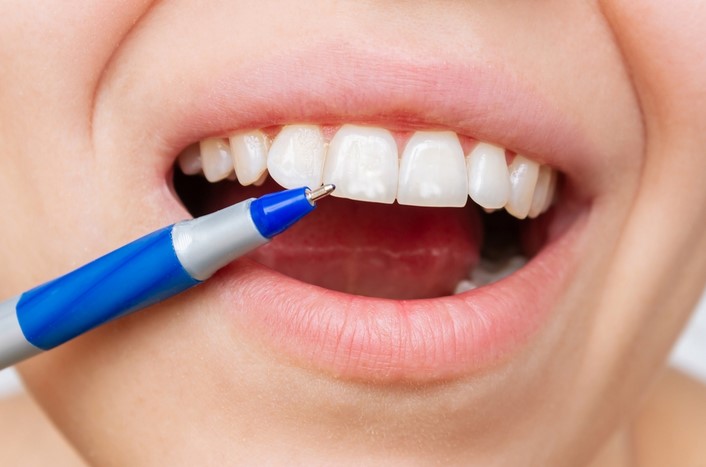
Introduction
Maintaining good oral hygiene is essential for overall health and confidence. Plaque buildup on teeth not only leads to unsightly yellow stains but also contributes to cavities, gum disease, and bad breath. While regular dental visits are crucial, there are several effective home remedies you can incorporate into your oral care routine to help remove plaque and promote healthier teeth and gums. In this article, we’ll explore seven such remedies that can aid in combating plaque buildup.
1. Oil Pulling
Oil pulling is an ancient Ayurvedic practice that involves swishing a tablespoon of oil, such as coconut oil or sesame oil, in your mouth for about 15-20 minutes before spitting it out. The oil’s natural properties help to dislodge and break down plaque on teeth. Moreover, oil pulling can also reduce harmful bacteria in the mouth, leading to fresher breath and improved oral health over time.
2. Baking Soda Paste
Baking soda, or sodium bicarbonate, has mild abrasive properties that can effectively help in removing plaque from teeth. Create a paste by mixing a teaspoon of baking soda with a few drops of water until it forms a thick consistency. Gently brush your teeth with the paste for two minutes, focusing on the areas with plaque buildup. Rinse thoroughly afterward. However, it’s important not to use this remedy too often, as excessive use of baking soda can erode tooth enamel.
3. Apple Cider Vinegar Rinse
Apple cider vinegar (ACV) is known for its antibacterial and acidic properties, which can help break down plaque on teeth. Dilute one tablespoon of ACV in a cup of water and use it as a mouthwash. Swish the mixture around your mouth for about 30 seconds and then spit it out. However, due to its acidic nature, it’s recommended to use this remedy sparingly and to rinse with water afterward to prevent any potential enamel erosion.
4. Chewing Sugar-Free Gum
Chewing sugar-free gum, especially after meals, can stimulate saliva production. Saliva helps neutralize acids in the mouth and wash away food particles and bacteria that contribute to plaque formation. Look for gum sweetened with xylitol, a sugar substitute known to inhibit bacterial growth. Chewing gum can be a convenient way to maintain oral hygiene on the go.
5. Hydrogen Peroxide Mouthwash
Hydrogen peroxide has antibacterial properties that can aid in reducing plaque and promoting gum health. Create a mouthwash by diluting 3% hydrogen peroxide with equal parts water. Swish the mixture around your mouth for about 30 seconds and then spit it out. It’s important not to swallow the solution. Using hydrogen peroxide mouthwash a few times a week can help keep plaque at bay.
6. Fruits and Vegetables
Certain crunchy fruits and vegetables like apples, carrots, and celery can act as natural toothbrushes. Their fibrous texture can help scrub away plaque and stimulate saliva production, which in turn helps in neutralizing acids and cleaning the teeth. Incorporating these foods into your diet not only benefits your overall health but also supports your oral hygiene.
7. Tea Tree Oil Toothpaste
Tea tree oil is known for its antimicrobial properties, making it a valuable addition to your oral care routine. Add a drop of tea tree oil to your regular toothpaste before brushing. Alternatively, you can find toothpaste that already contains tea tree oil as an ingredient. Be cautious with the amount of tea tree oil you use, as excessive use can lead to irritation.
Conclusion
Plaque buildup on teeth can lead to a range of oral health issues, but with consistent care and attention, you can effectively manage and prevent its formation. These home remedies offer natural ways to combat plaque and support your overall oral hygiene. However, it’s important to remember that these remedies are not a substitute for professional dental care. Regular brushing, flossing, and visits to your dentist remain crucial for maintaining optimal oral health. By combining these home remedies with a well-rounded oral care routine, you can enjoy a brighter smile and healthier teeth for years to come.